WHO WE ARE
The Leprosy Mission International-Bangladesh (TLMI-B) is an International Non-Government Organization (INGO) registered in Bangladesh since 1991 with the vision of “Leprosy Defeated, Lives Transformed”.
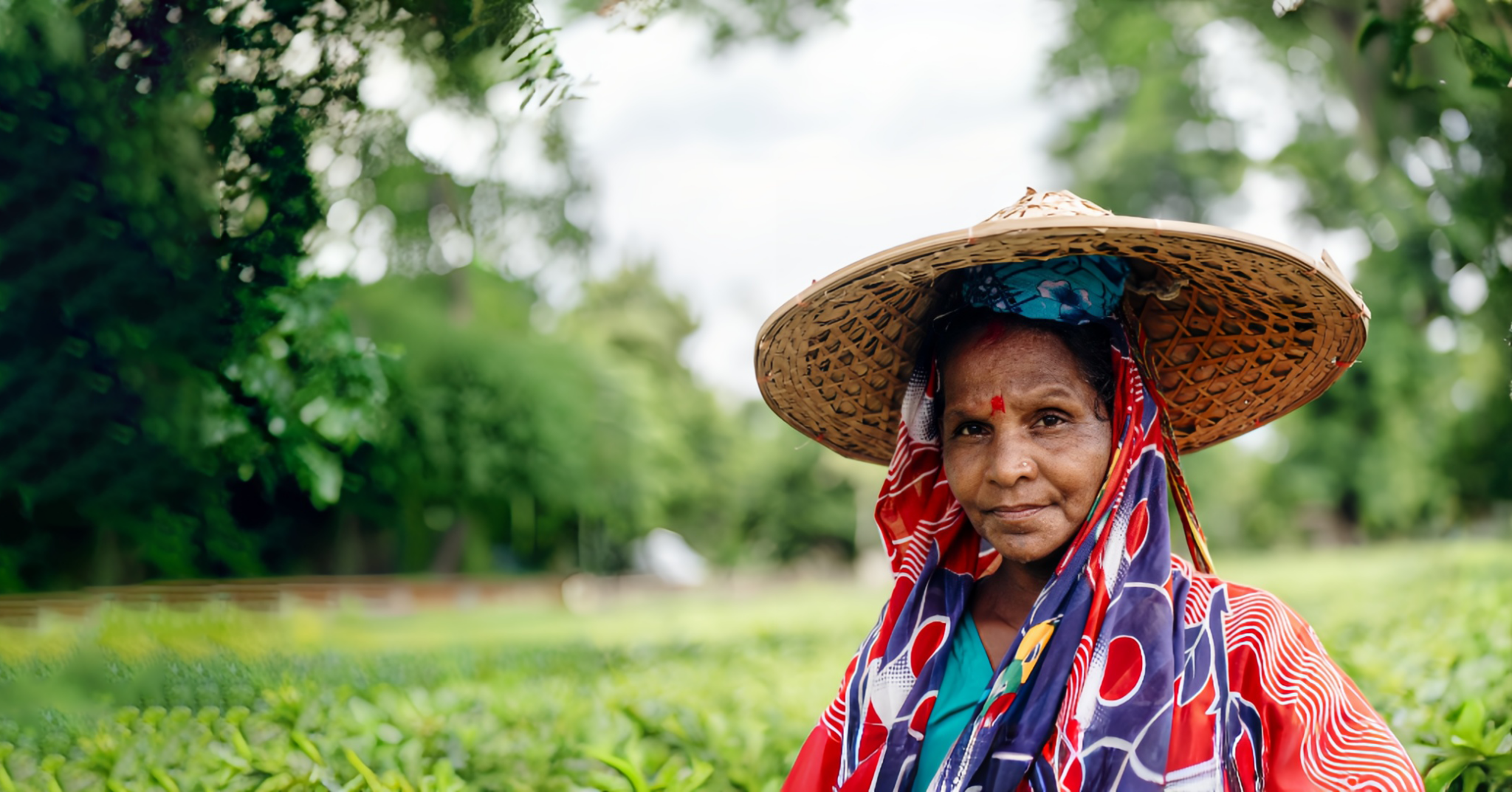
The Leprosy Mission International-Bangladesh (TLMI-B) is an International Non-Government Organization (INGO) registered in Bangladesh since 1991 with the vision of “Leprosy Defeated, Lives Transformed”.
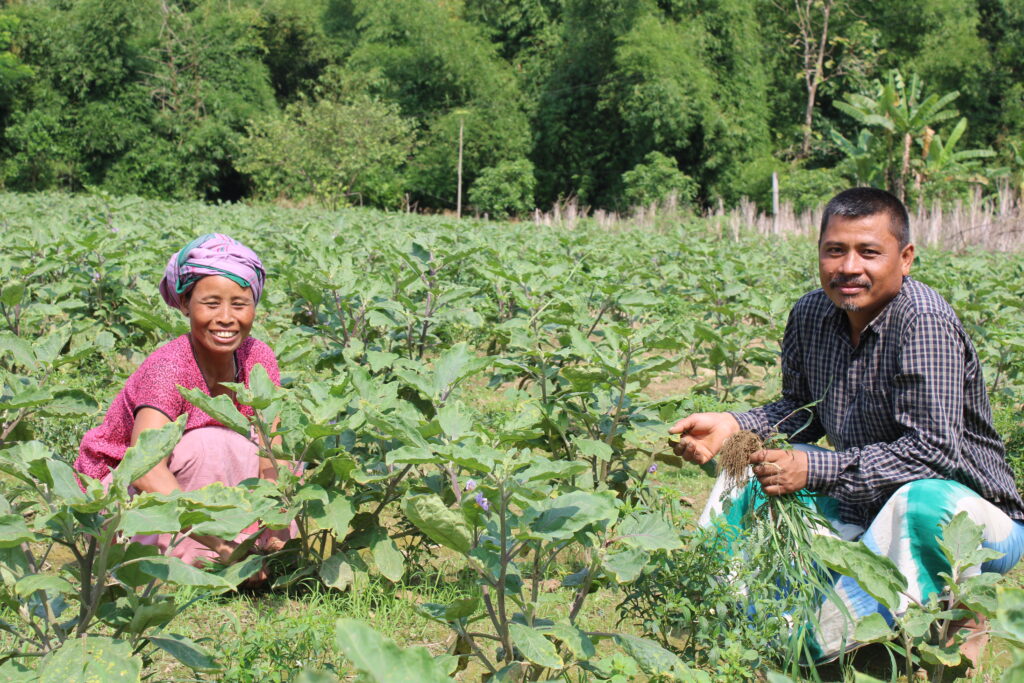
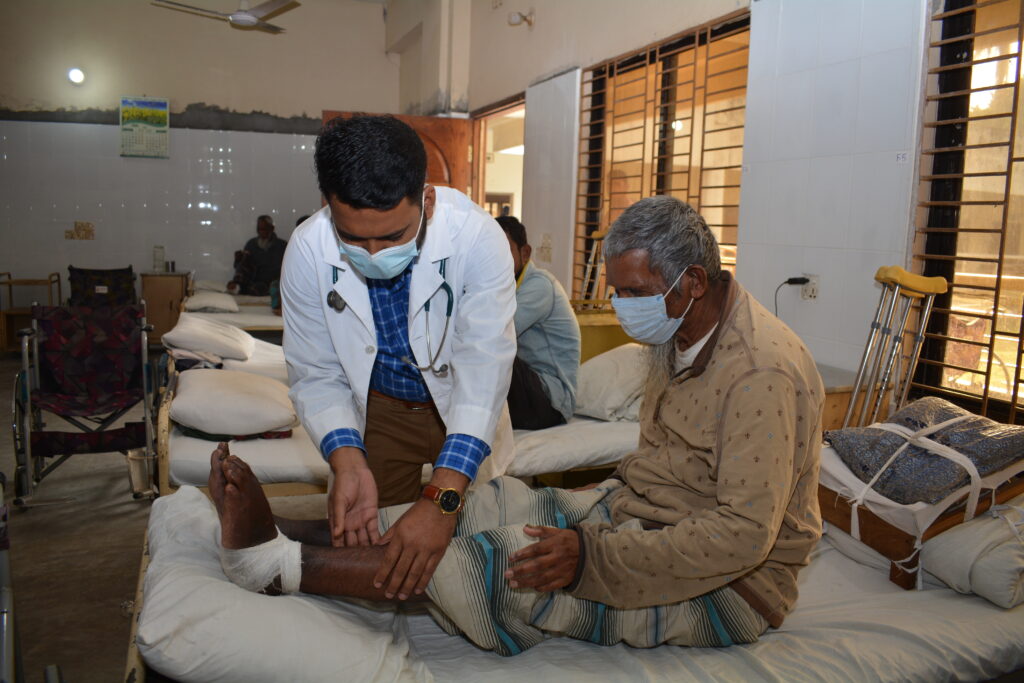
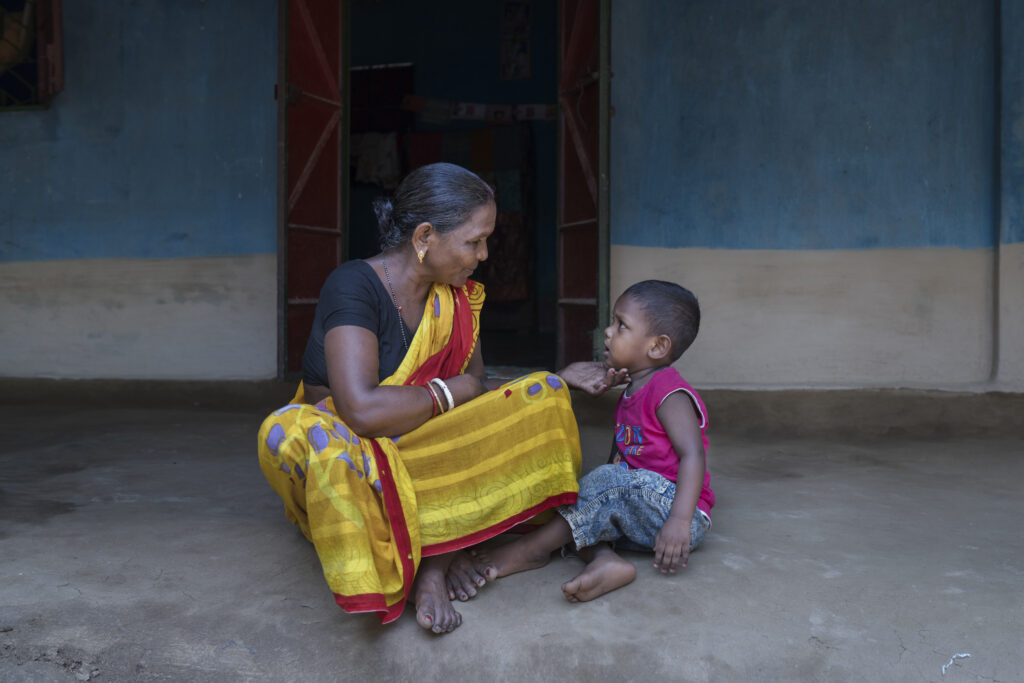
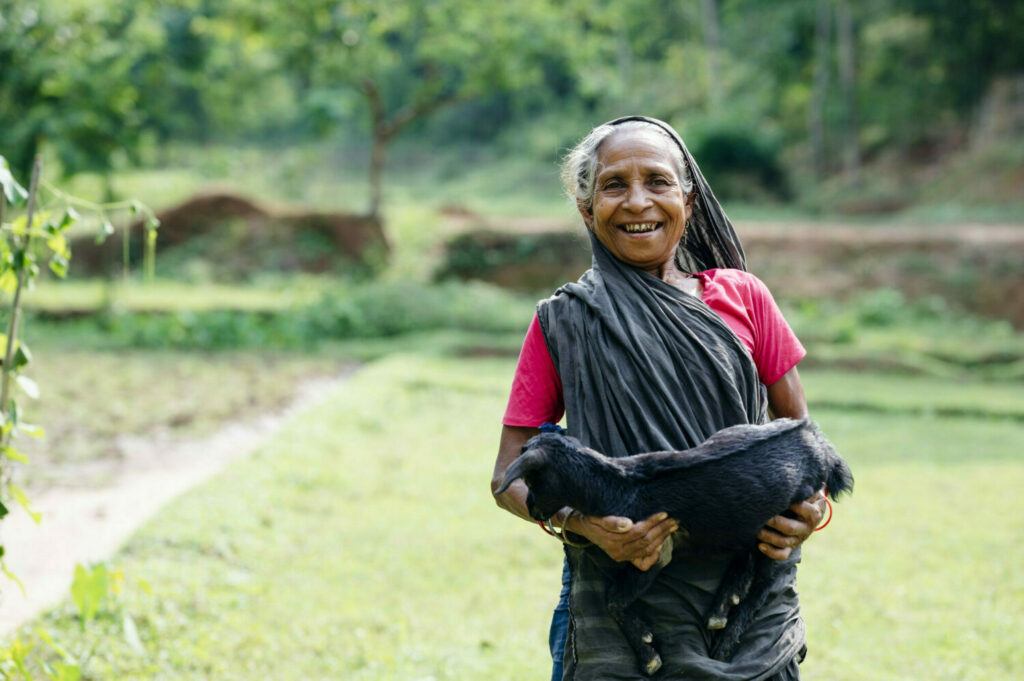
The Leprosy Mission International-Bangladesh is working to eradicate the causes and consequences of leprosy and address the physical, social, and psychological needs of the persons affected by leprosy. In addition, we have encompassed people suffering from other NTDs, physical disabilities and also the socially excluded communities in our target to enable a more inclusive society. This approach enables further effective partnerships and sustainability of our program’s interventions.
The Healthcare Theme covers the project interventions related to addressing the physical needs of persons affected by leprosy ranging from case confirmation, treatment, disability care and complication management at the field and hospital. It is one of the key thematic areas targeted for zero transmission that eventually contributes to other strategic aims. The outcome of this thematic intervention will directly contribute to the strategic goal of the Bangladesh Government for leprosy i.e., “Zero Leprosy by 2030”. Achieving this vision requires a comprehensive, functional and fully integrated response to leprosy management.
Leprosy has wider consequences of economic and social injustice apart from physical challenges. Often it is easier to defeat leprosy as a physical problem but challenging to bring back the dignity of the affected person or community.
Inclusive Development endeavours to improve the quality of life of the people affected by leprosy. Projects under this thematic area work with Self-Help Group (SHG) members and their umbrella organizations (Leprosy and Disabled People’s Organizations) for their sustainable improvement of livelihood through income-generating activities (IGA) and ensuring their social and legal rights.
Advocacy is one of the thematic focuses and a priority of TLMI-Bangladesh, influencing through all of its projects. TLMI-Bangladesh is mainstreaming leprosy policy and empowering Leprosy and Disabled People’s Organizations (LDPOs) through advocacy and partnership. Our different-level advocacy initiatives focus on sensitizing policymakers, govt. departments, and civil society organizations to bring changes in the health system, social inclusion, and rights of persons affected by leprosy. Interventions also include mass awareness, and fostering positive attitudes among healthcare professionals, NGOs, religious institutions and communities regarding leprosy issues. TLMI-B collaborates with a diverse range of stakeholders, including 10 local NGOs, 19 churches, 2 tea companies, media houses and educational institutions for advocacy. Moreover, we promote self-advocacy among Leprosy and Disabled People’s Organizations by enhancing their negotiation skills.
Our advocacy initiatives aim to ensure the effective implementation of Bangladesh’s new leprosy strategy, thereby transforming the lives of people affected by leprosy.
TLMI-Bangladesh has a long history of field-based leprosy research and has gained national and international recognition for excellent research in collaboration with our partners. TLMI-B research has resulted in more than 70 scientific papers in peer-reviewed journals and six PhDs.
Beginning with the Bangladesh Acute Nerve Damage Study (BANDS) in 1995, our team in Bangladesh has been involved in globally recognized and influential research with our international research partners. Much of what we understand about leprosy and its complications today is a result of research that TLMI-B has been involved in. The World Health Organization has acknowledged Single Dose Rifampicin as a notable outcome, employed as chemoprophylaxis in high-risk groups. The COLEP clinical trial was conducted in Bangladesh.